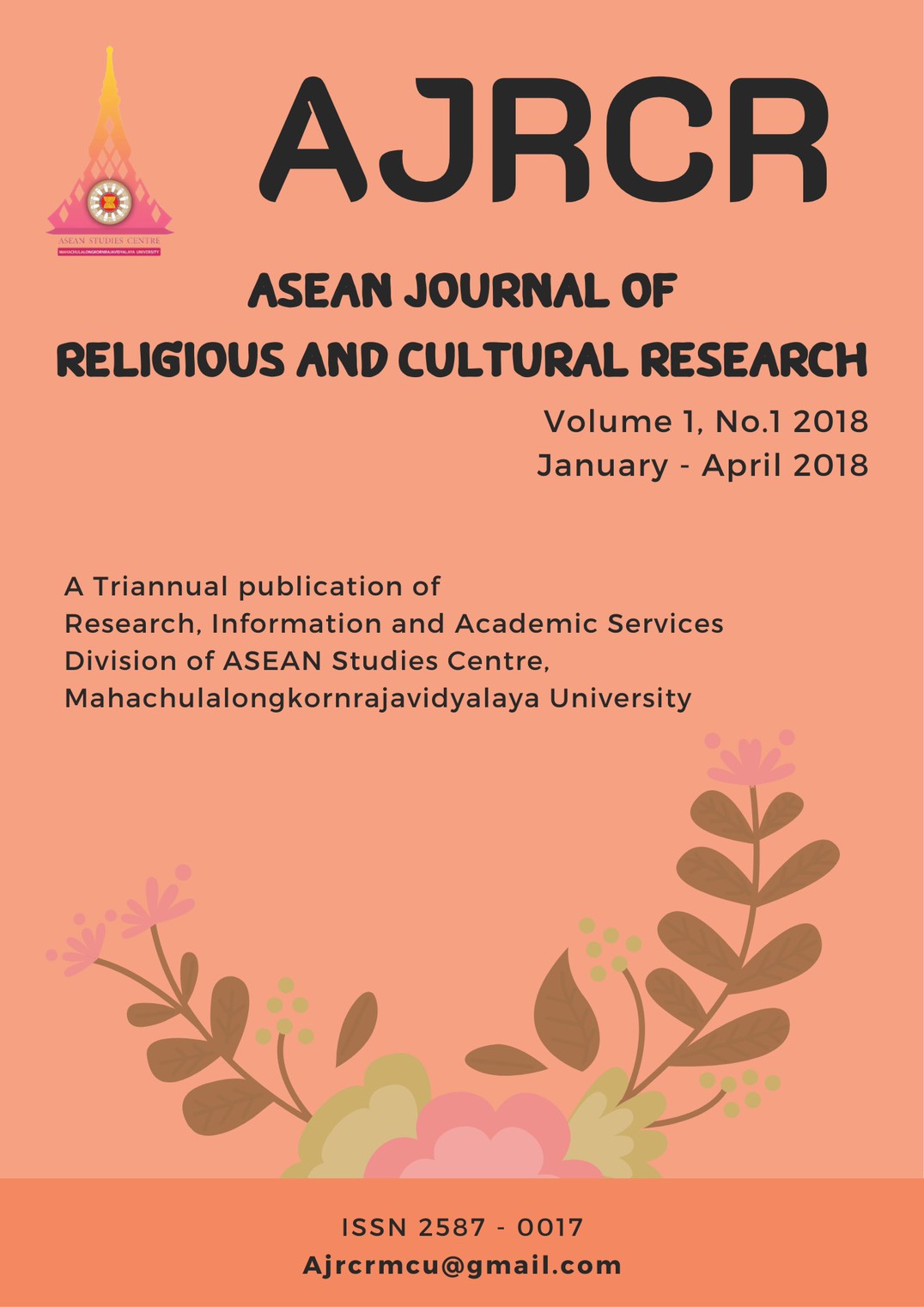A CRITIQUE OF THE EFFECTIVENESS OF PHILOSOPHICAL HERMENEUTICS IN CREATING RELIGIOUS SOLIDARITY BY A HERMENEUTICAL APPROACH TO THE TRANSCENDENTAL UNITY OF RELIGIONS
Abstract
Philosophical hermeneutics disregards the meaning of the text and the author's thesis and emphasizes the ontology of the process of understanding, and believes that this is the relationship of human with objects that creates the meaning. One of the results of the philosophical hermeneutics is denying the fixed interpretation of religious texts and dogmatic understanding of religions. Therefore, the denial of exclusivism and the confirmation of religious pluralism as a way of unification the followers of religions are known as a reflection of the philosophical hermeneutic successes. But the question is how much philosophic hermeneutics has succeeded in creating empathy among adherents of religions? Although religious pluralism is one of the outcomes of philosophical hermeneutic, but it seems that this attitude can by no means be a realistic way for developing sympathy between the followers of different religions. Because, according to the common sense of the believers, the religious texts show objective and historical truths that have been issued from a wise and conscious authority by the purpose of giving knowledge to the seekers of salvation While, philosophical hermeneutics, by ignoring these beliefs and defying these expectations, are trying to bring them closer together and this is not something that would satisfy the faithful and followers of the religions. This research, by criticizing the effectiveness of the philosophical hermeneutics in creating sympathy and bringing unity between believers, wants to defend the hermeneutics of religious as a way of understanding the transcendental unity of religions and believes that this approach implies religious pluralism appropriate to these multiculturalist societies today. The author believes that the attention to the transcendental unity of religions and the interior spirituality of the religious propositions is a suitable way to an empirical religious solidarity and, at the same time, provides a reasonable and wise evaluation along with the tolerance of the validity of religious doctrines.






